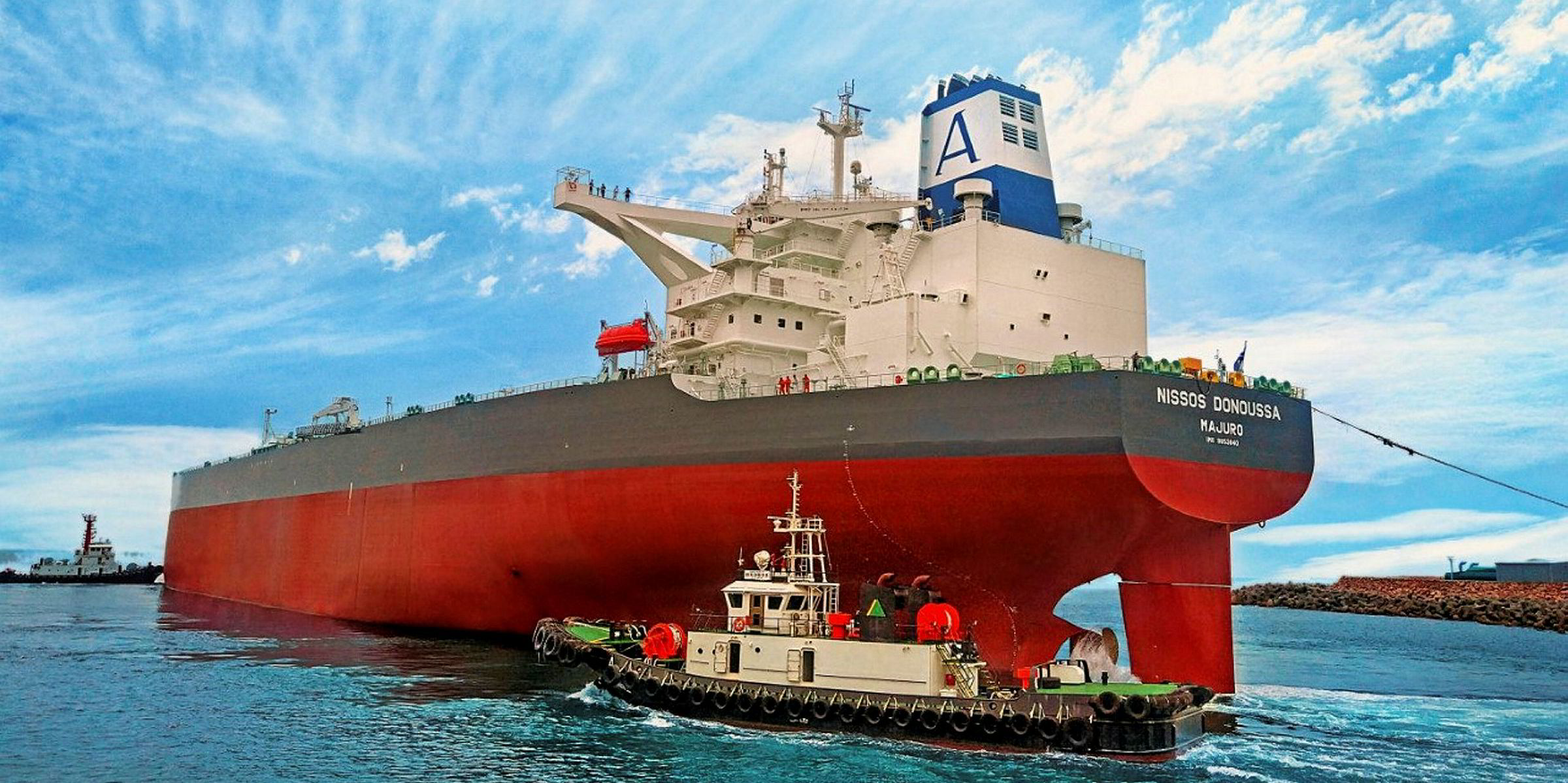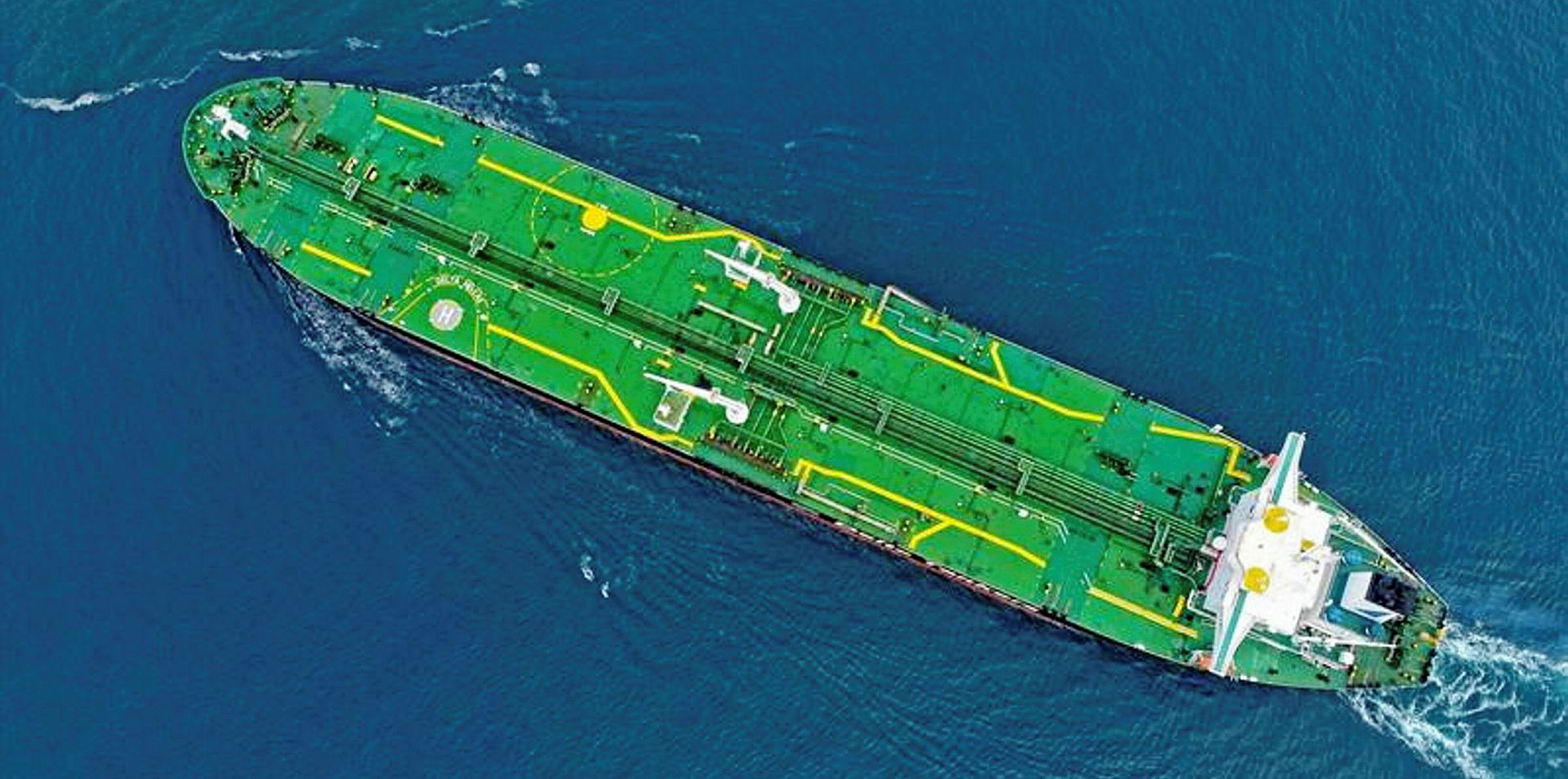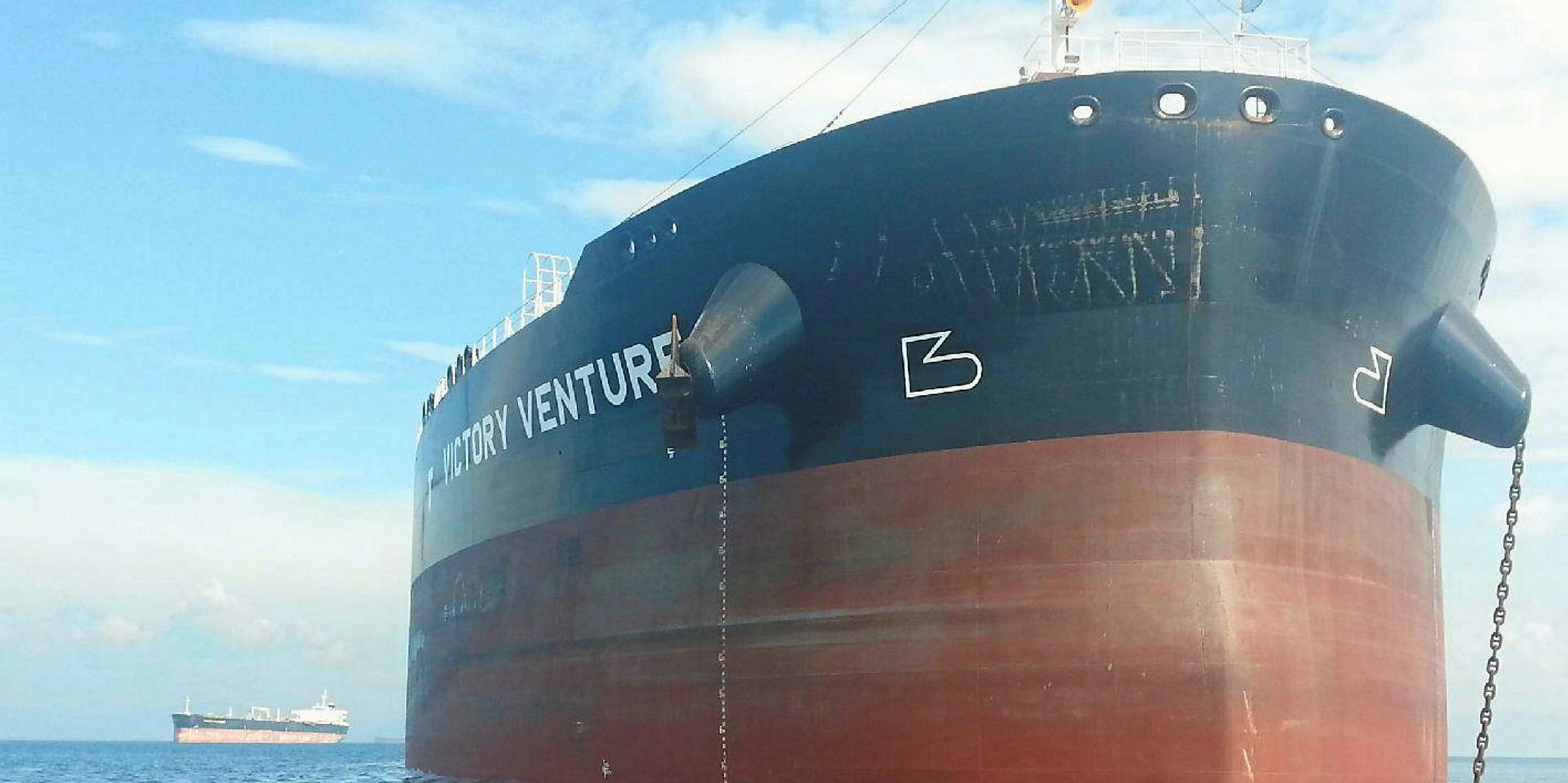Unipec, the trading arm of oil major Sinopec, has reportedly become more active in the period charter market for tankers in recent weeks.
The move is garnering attention because the Chinese state-owned company, which is the world’s largest tanker charterer in tonnage terms, is known for its general preference for spot deals and contracts of affreightment.
Fixture reports and market sources said Unipec has taken at least two VLCCs, one aframax, one LR2 and one LR1 on period charters since early September.
Okeanis Eco Tankers agreed to charter the scrubber-fitted, 319,000-dwt Nissos Donoussa or Nissos Kythnos (both built 2019) to Unipec for one year at $34,000 per day, the sources said.
The charterer was also said to have fixed a 12-month charter for the 311,000-dwt Shizukisan (built 2009) at $29,000 per day.
Separately, Unipec chartered the 113,500-dwt aframax Eagle Brisbane or Eagle Barcelona (built 2018) from AET Tankers for 12 months at $18,500 per day, sources said.
In the product tanker sector, the company is said to have fixed the 75,000-dwt Fulham Road (built 2013) for three months at $17,500 per day from Zodiac Maritime and the 113,100-dwt Celsius Esbjerg (built 2009) for one year at $19,500 per day from Celsius Shipping.
TradeWinds has approached Sinopec for comment. The shipowners involved either declined to comment or did not reply to emails seeking comments.
According to some brokers, Unipec was taking advantage of the weak period market after experiencing huge volatility in freight markets during the second quarter, when spot rates spiked to all-time highs amid congestion and floating storage demand.
“They were caught by surprise earlier this year, I think, so they put some ships on period charters to hedge against demurrage costs and a possible winter market rally,” one of them said.
“I don’t feel this is a fundamental shift in their overall chartering strategy.”
VesselsValue data shows Unipec now controls a time-chartered fleet of 11 vessels, including four VLCCs, one suezmax and two aframaxes.
“They did some period fixtures back in March and April and those were expiring recently. So they did some new fixtures,” another broker said.
The fleet size remains small in relation to Unipec’s overall shipping demand, suggesting the company will continue to play a dominant role in spot markets.
Poten & Partners data showed the company chartered 1,058 vessels to carry nearly 231m tonnes of crude or dirty petroleum products in spot trade last year, or 17% of the global total.
“Don’t expect Unipec to fix lots of ships on time charters like Shell or Trafigura does. They are a state-owned enterprise and don’t have such risk appetite,” said a tanker owner experienced in dealing with Unipec.






